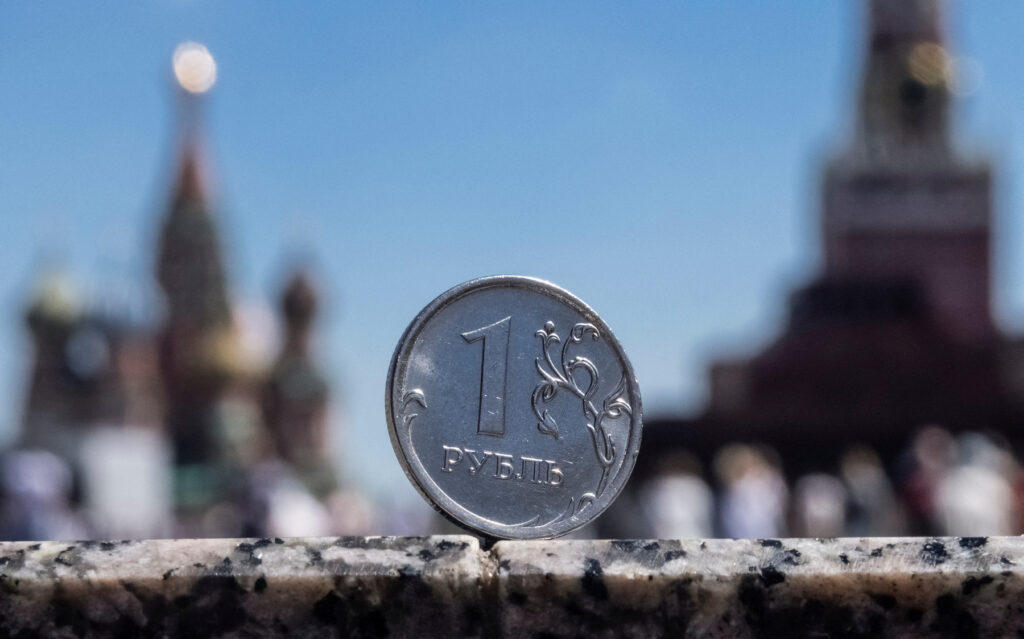
Max Hess on why the Kremlin pretends to want to pay Western bondholders
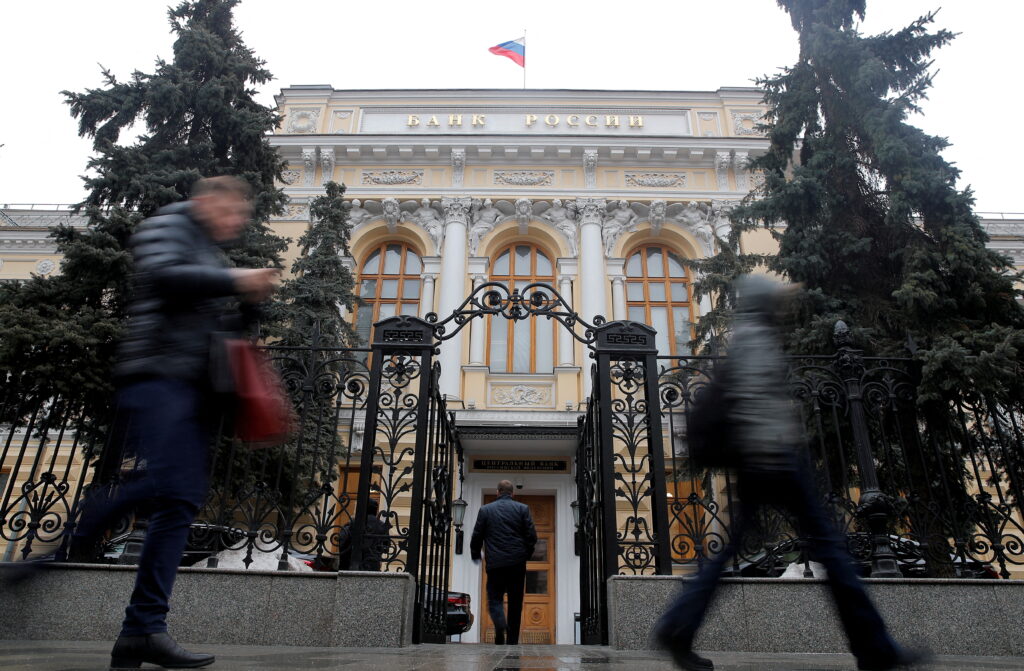
Max Hess on why it is only a question of when Russia will ultimately formally default, rather than if it will
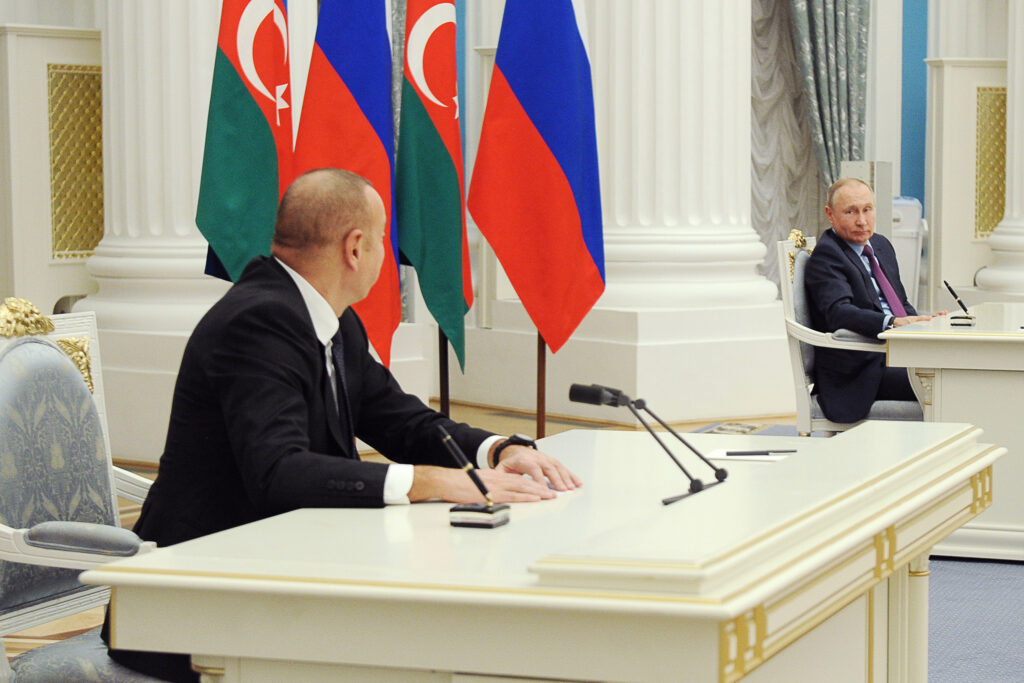
Max Hess on how Putin’s Second Invasion of Ukraine Has Radically Altered the Strategic Landscape in the South Caucasus
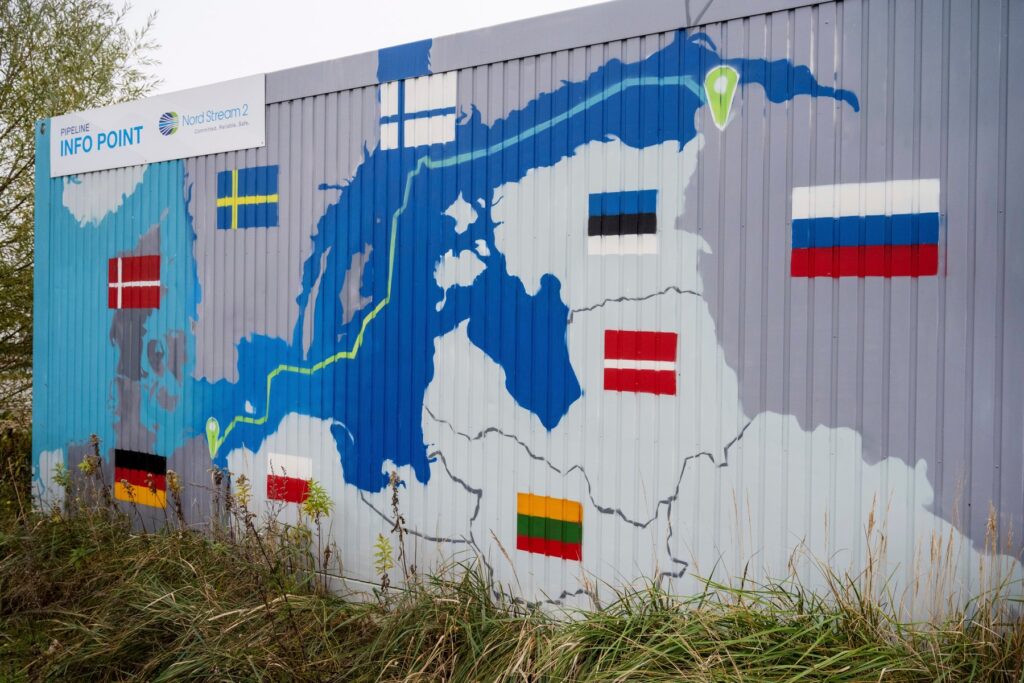
Max Hess on what would be the consequences of suspending Nord Stream 2 certification
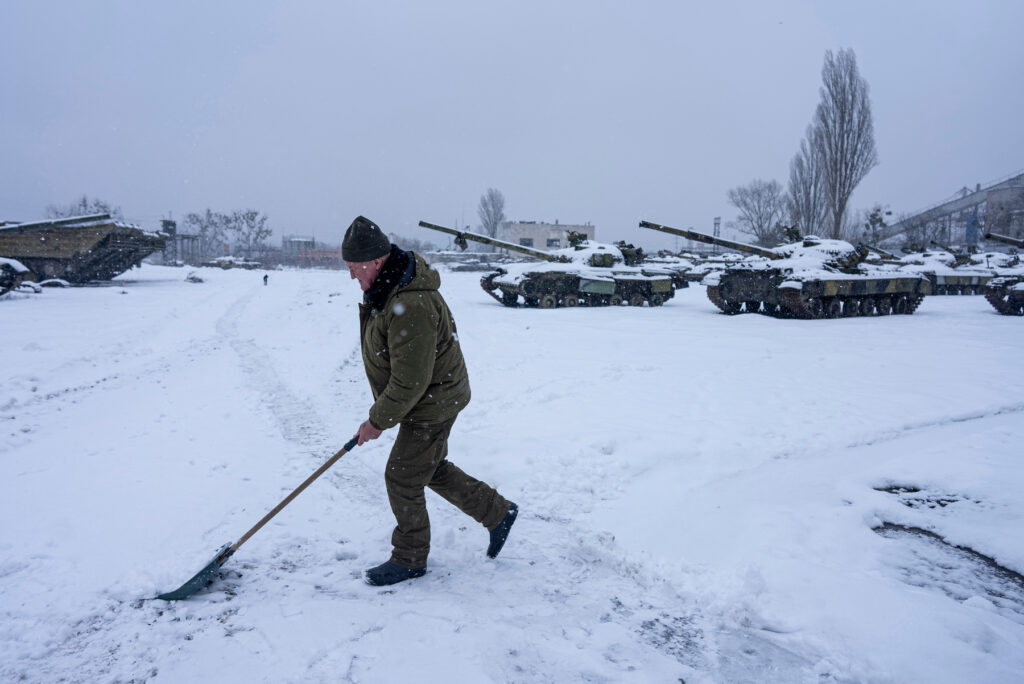
Maximilian Hess on why gaining concessions from the US is more important to the Kremlin than forcibly returning Ukraine to its sphere of influence
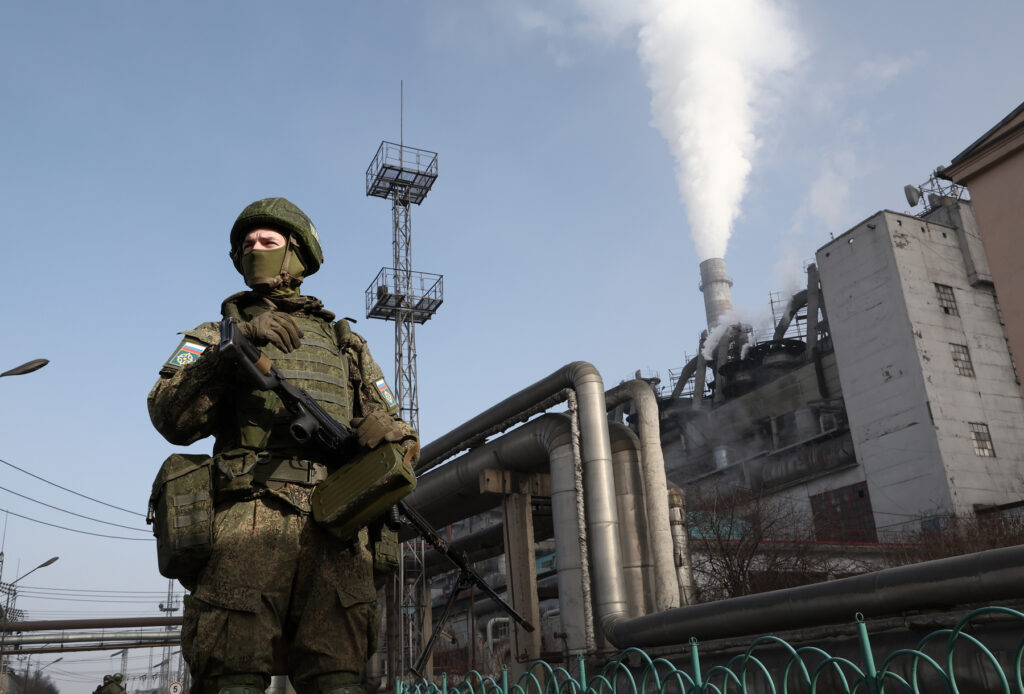
Max Hess unpicks why the Kremlin has activated the CSTO to help quell civil unrest in Kazakhstan
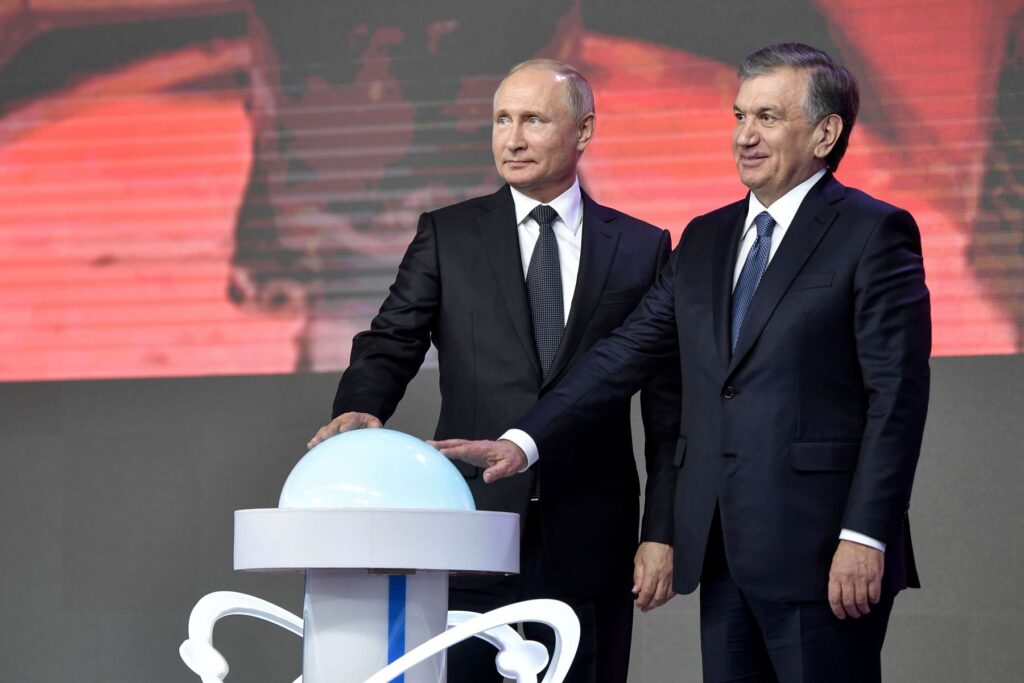
Max Hess looks at how the post-Karimov era in Uzbekistan has been a strikingly fruitful one for Russia-Uzbek relations
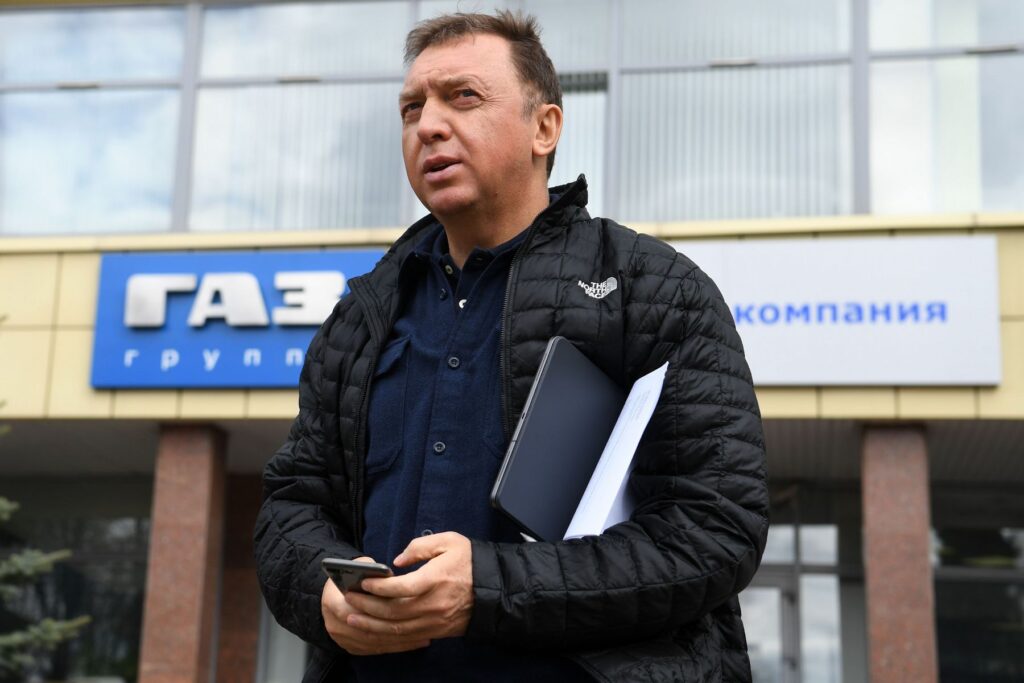
Max Hess on why the raids on Deripaska properties in the US should be seen as part of the Biden Administration’s revised approach to Russia sanctions

Max Hess on why Abkhazia breaks away from the tendencies of other Russian-backed breakaway states
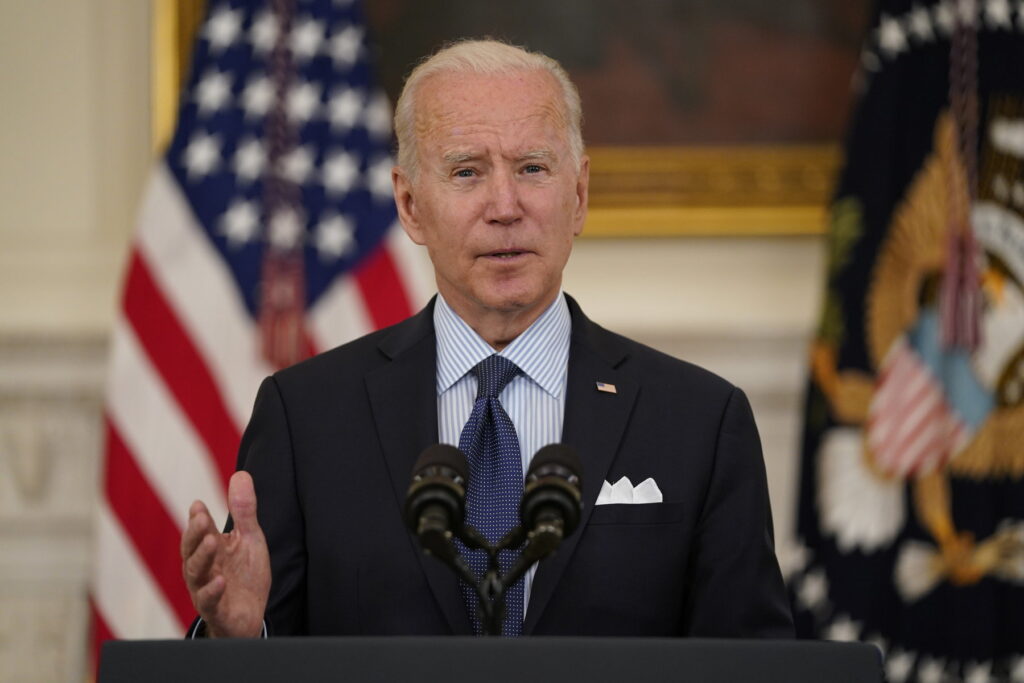
Max Hess traces how the White House has been rewiring its Russia policy
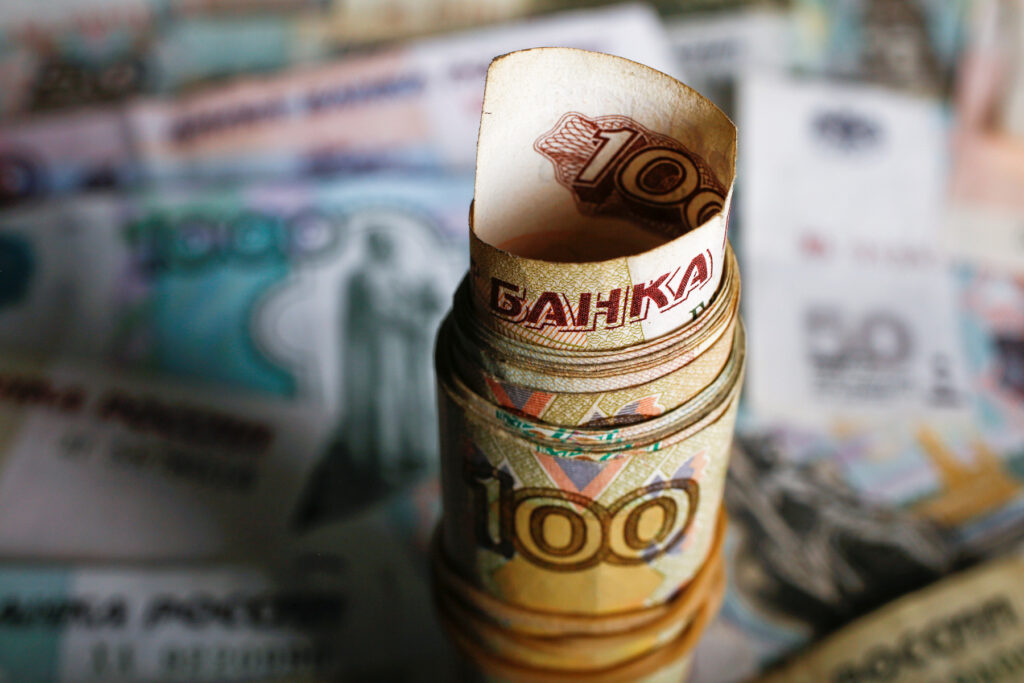
Max Hess discards the notion that there would be scant political impact from US sanctions on Russian sovereign debt
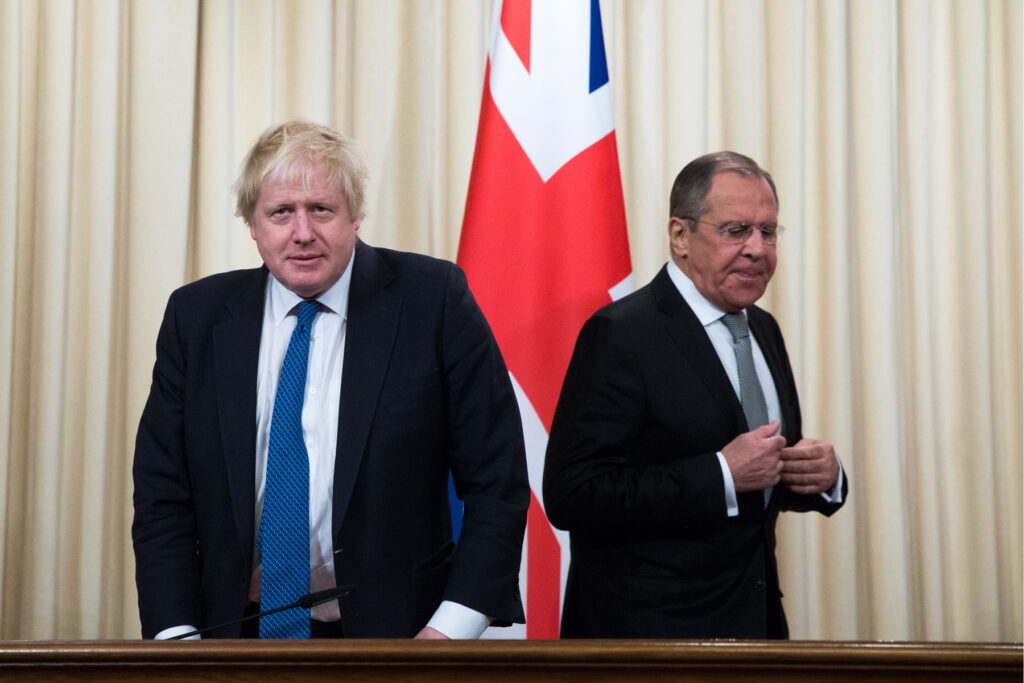
Max Hess on how Brexit has not brought Britain and Russia any closer
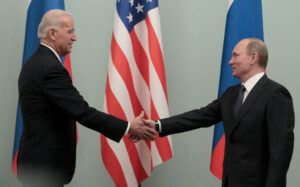
Maximillian Hess looks into what “team Biden” thinks about Russia sanctions policy
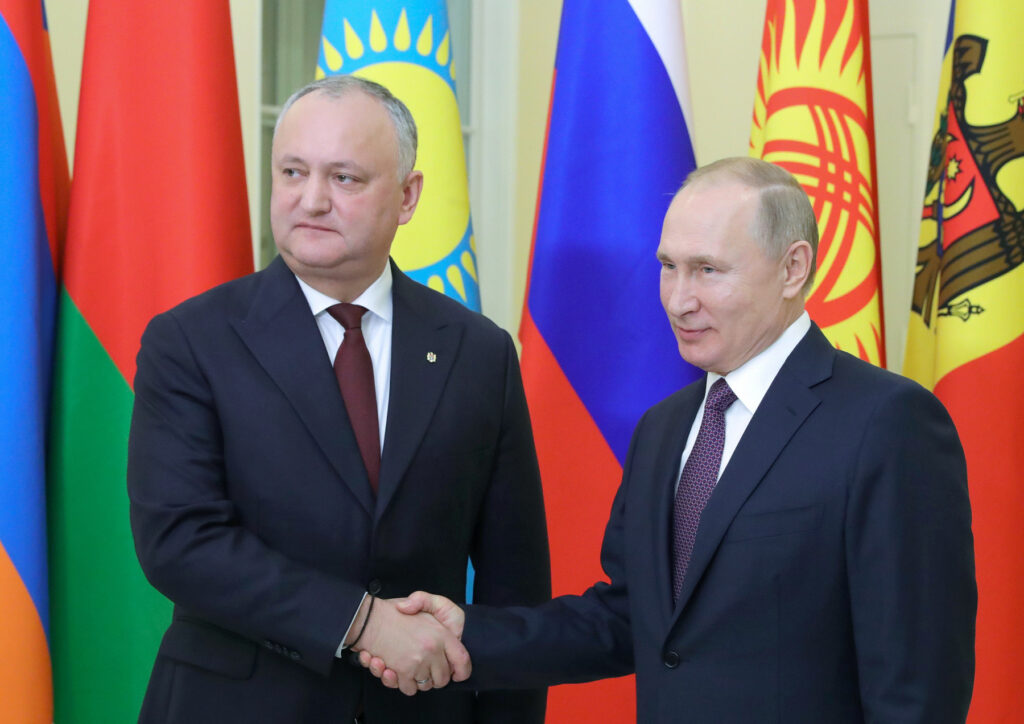
Maximilian Hess looks into Russia’s loan offer to Moldova and finds several geopolitical strings attached
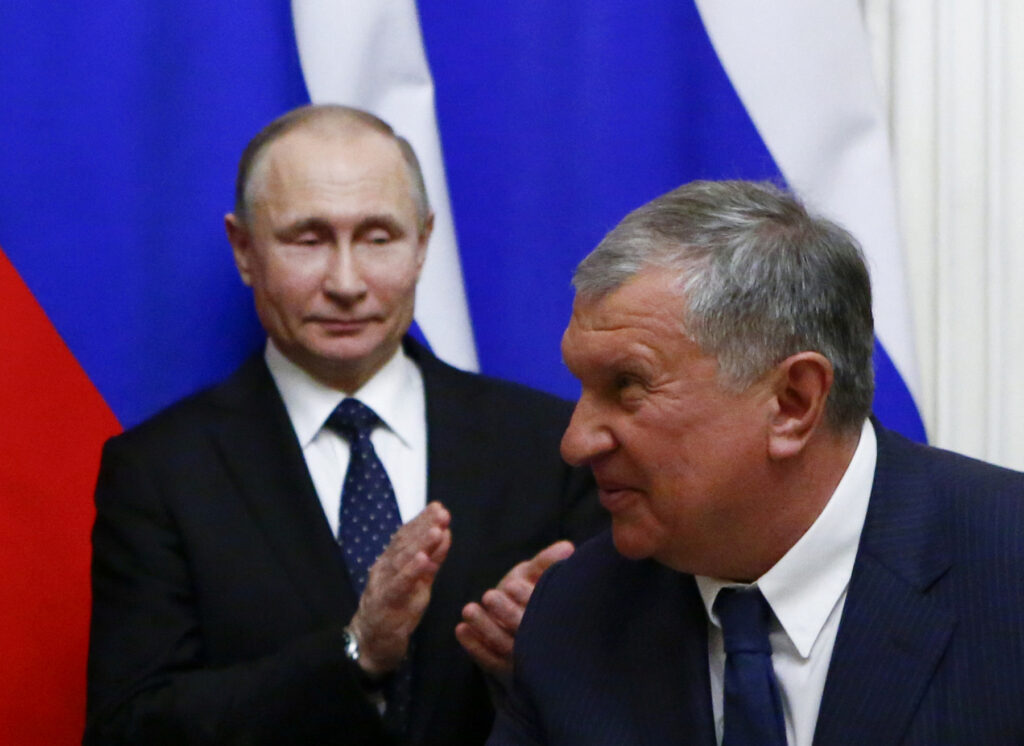
Max Hess on how Rosneft is not really leaving Venezuela
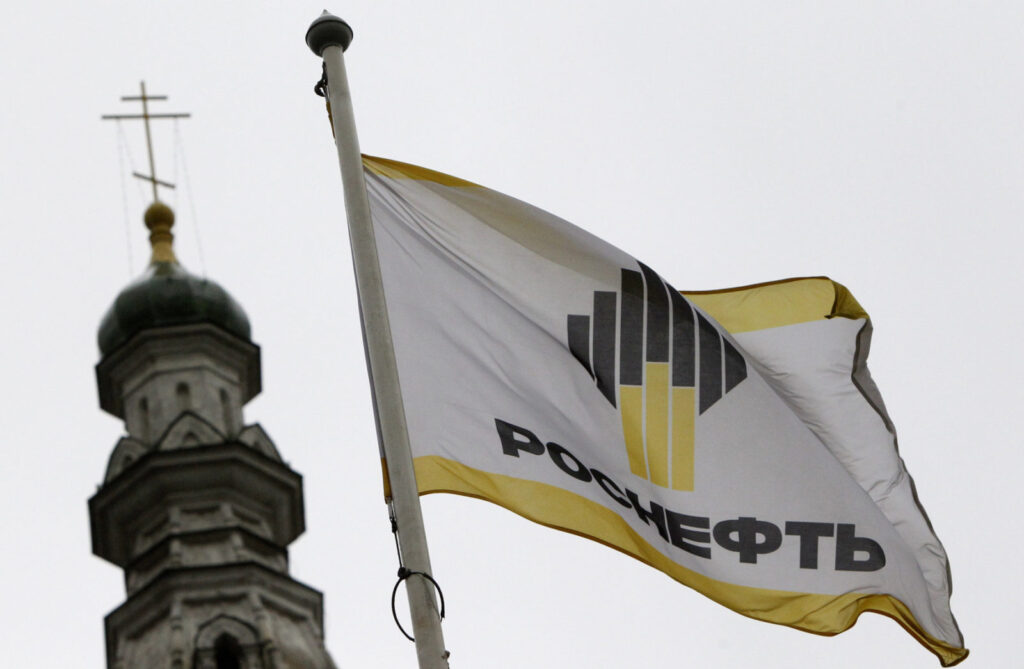
Max Hess on the mixed track record of sanctioning Russian hydrocarbons
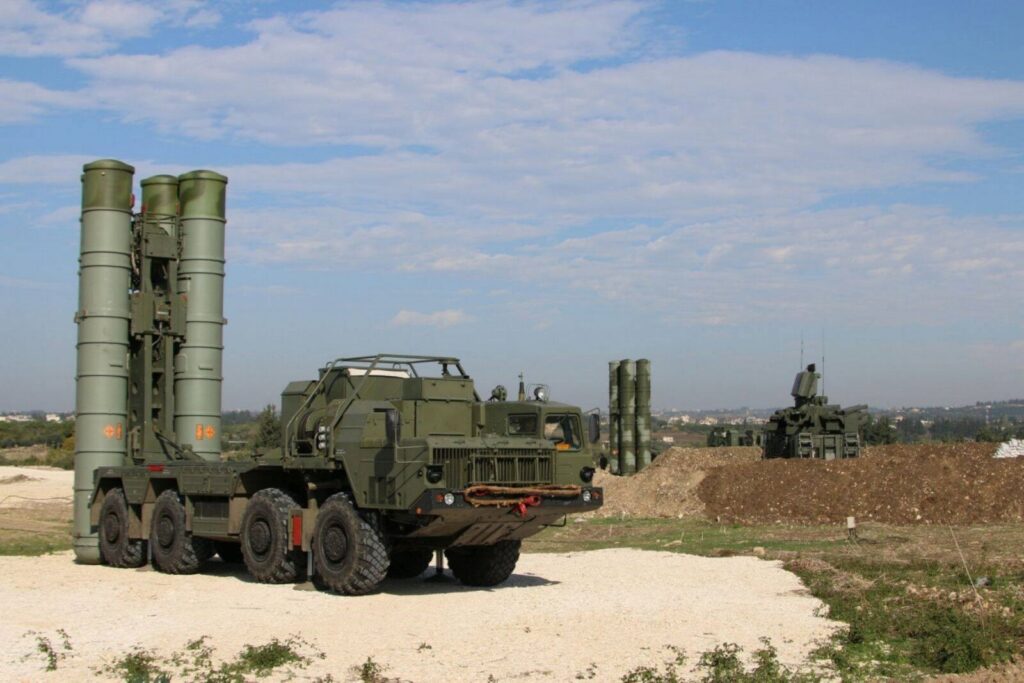
Max Hess on how a series of S-400 sales demonstrates how the Trump Administration dropped the ball on Russian defense sanctions

The debate about sanctions’ efficacy must first consider how easy it is for Russian firms to violate the spirit, if not the word, of sanctions, argues Maximilian Hess.
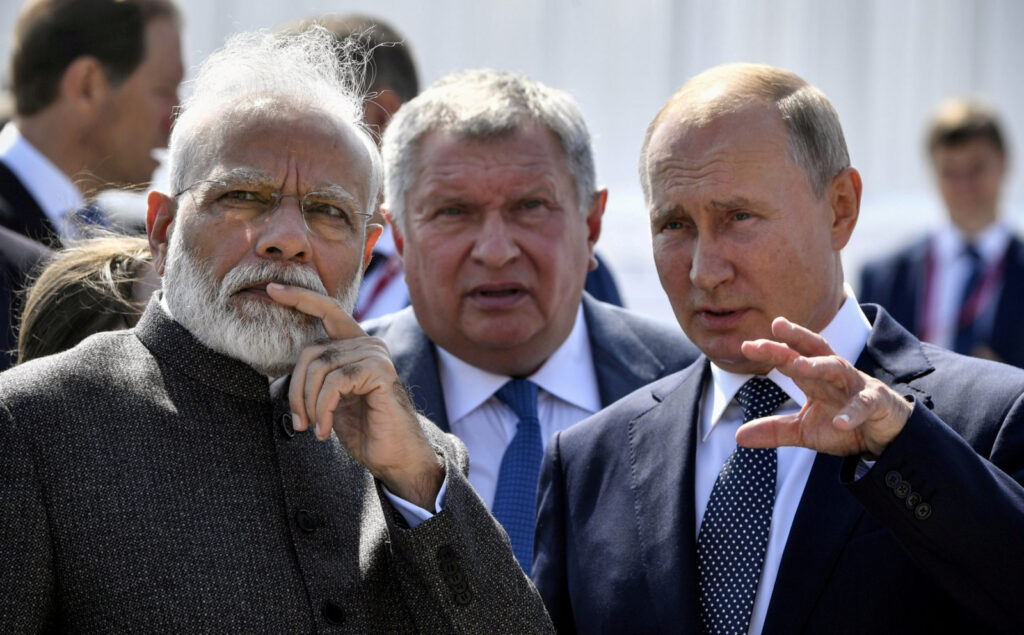
Maximilian Hess on how Rosneft’s partnerships help it avoid sanctions, and the Russian energy giant may turn to Delhi to do so in Venezuela
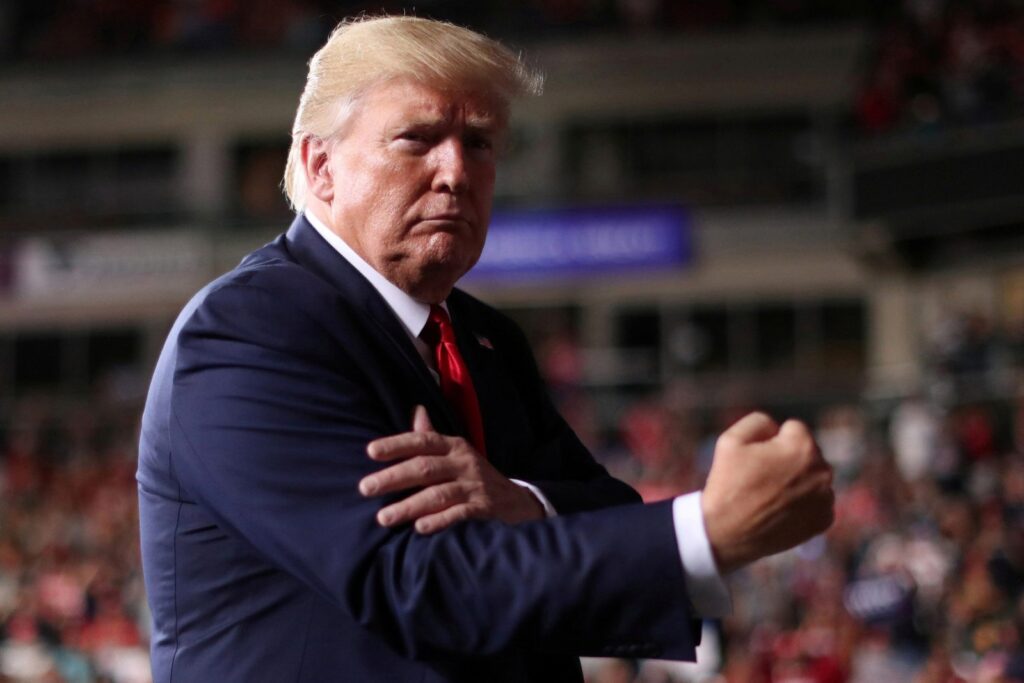
Max Hess on how CBW sanctions action likely to have little concrete impact, but may shape Congress’ sanctions proposals
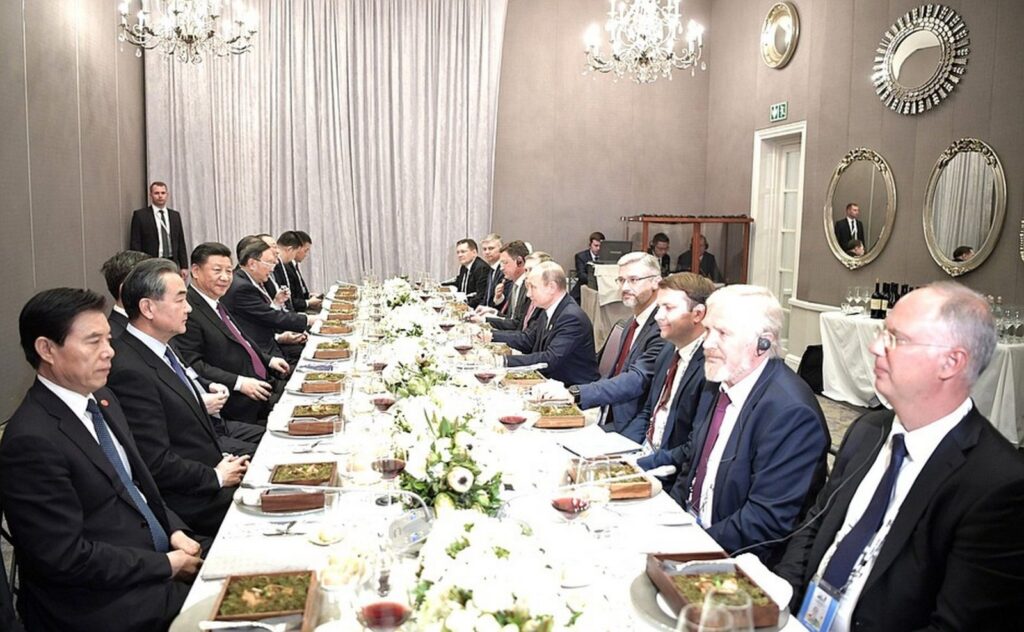
Max Hess on the growing financial dependence of Russia on China
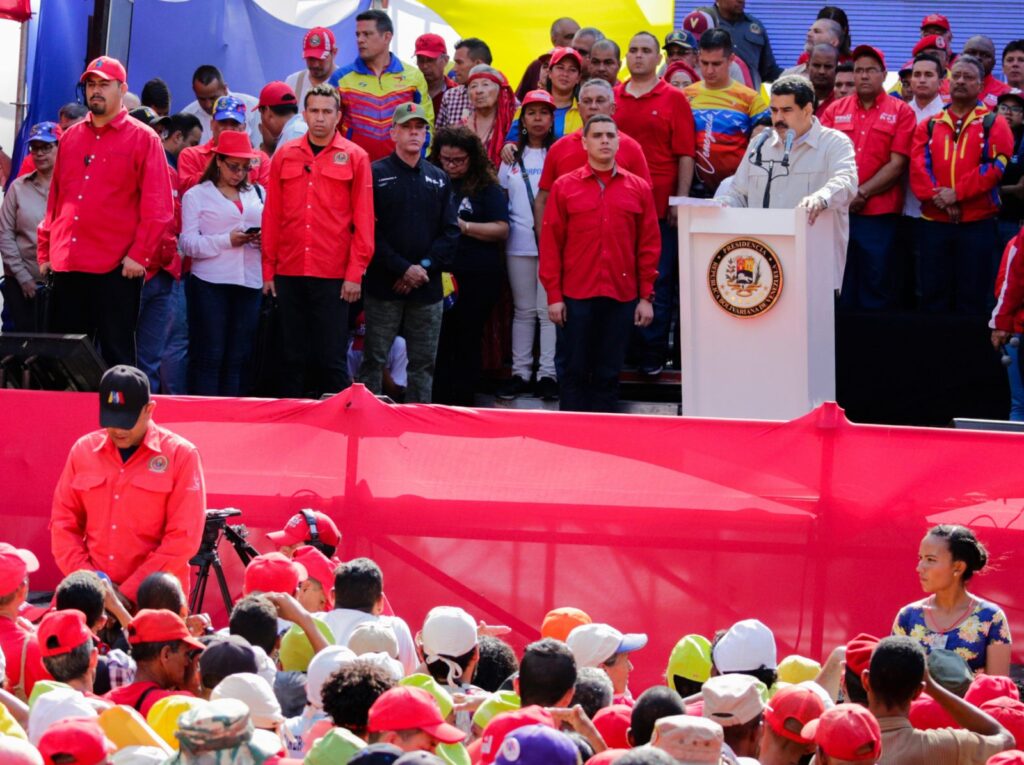
How a group of Monroe Doctrine enthusiasts found themselves negotiating with the Kremlin in America’s own perceived ‘backyard’
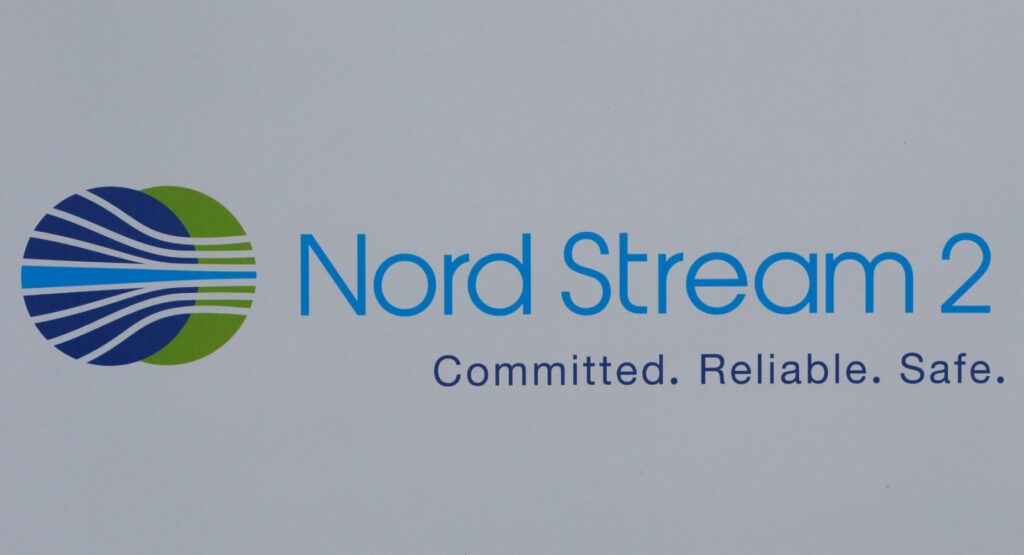
EU disunity, support from key energy companies, and Trump’s acquiescence will see Nord Stream 2 completed
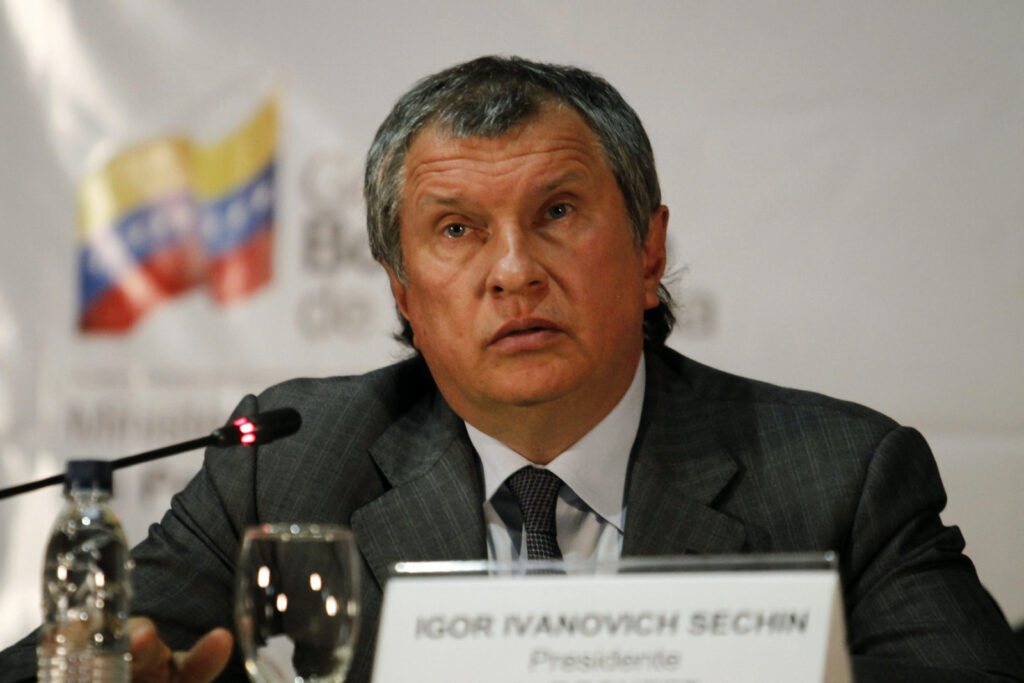
Russia’s strategy in Venezuela offered high rewards, but even higher risks remain
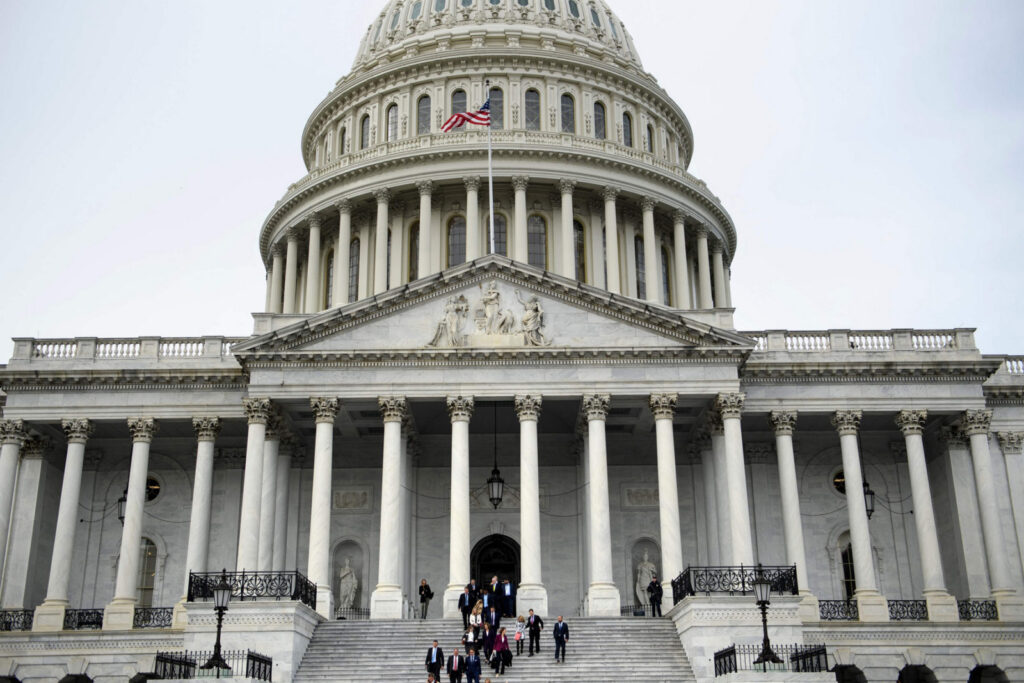
A shifting balance of power in Congress toward the Democrats will bring a more hawkish approach to US-Russia relations, with a doubling down on tough sanctions.
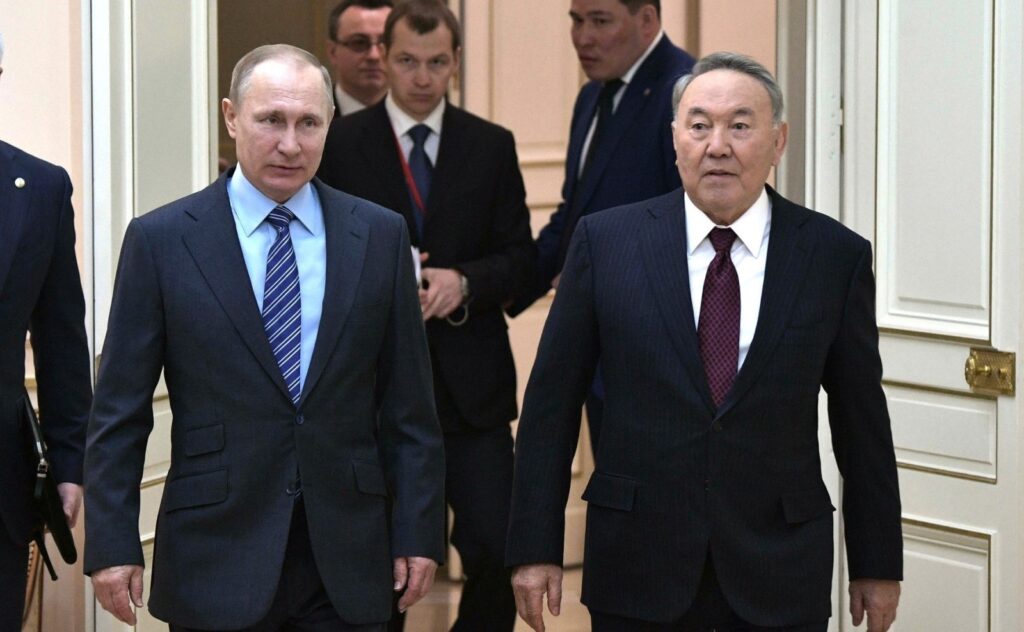
Kazakhstan’s growth forecasts are rosier than Moscow’s. Here’s why that matters.
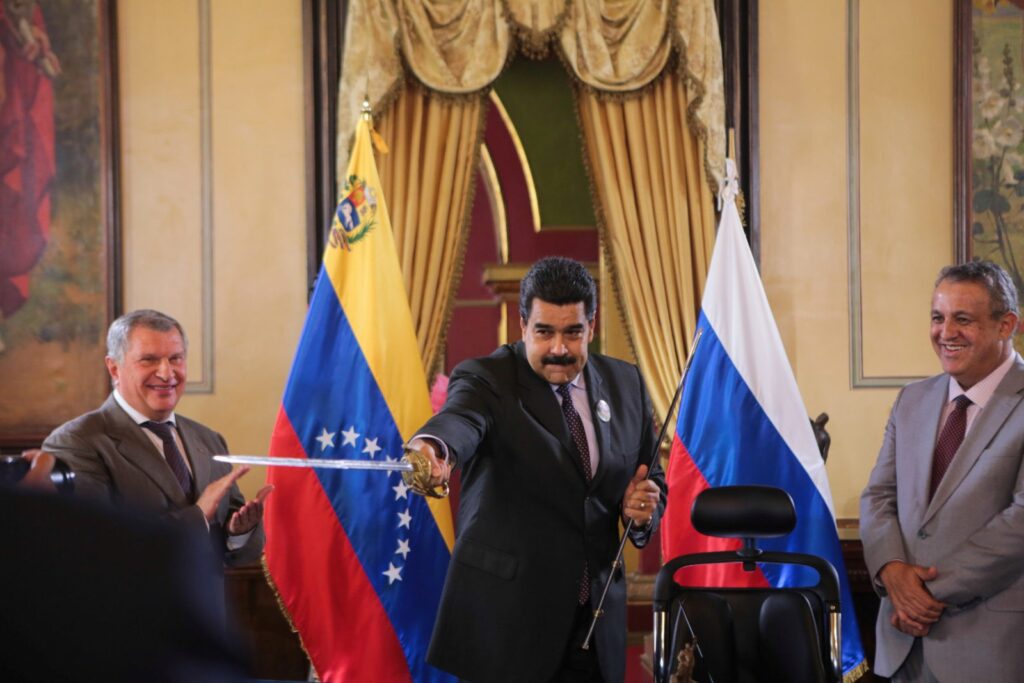
The Venezuelan government, according to Rosneft, is repaying its multi-billion-dollar loans on time. That is a misleading claim at best. But those loans are more about their geopolitical impact than their financial viability

The firm’s proximity to the Russian state is a mixed blessing internationally, particularly in a context of sanctions, but has allowed for a dominant market position in Russia itself